What Is Boudoir? It’s More Than Lingerie & Posing
The Art of Posing, Shadows, and Intimacy
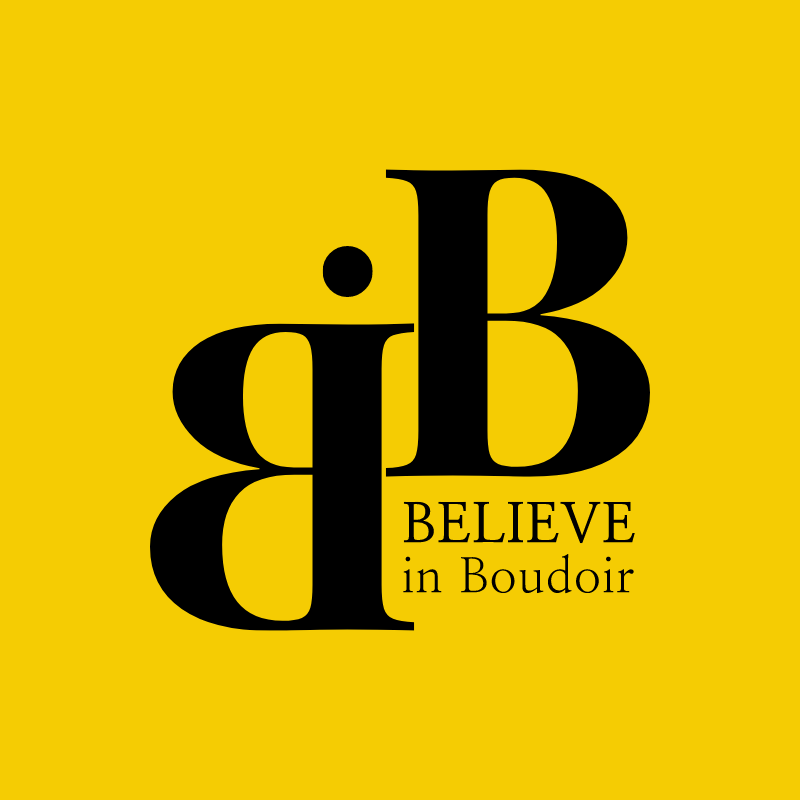

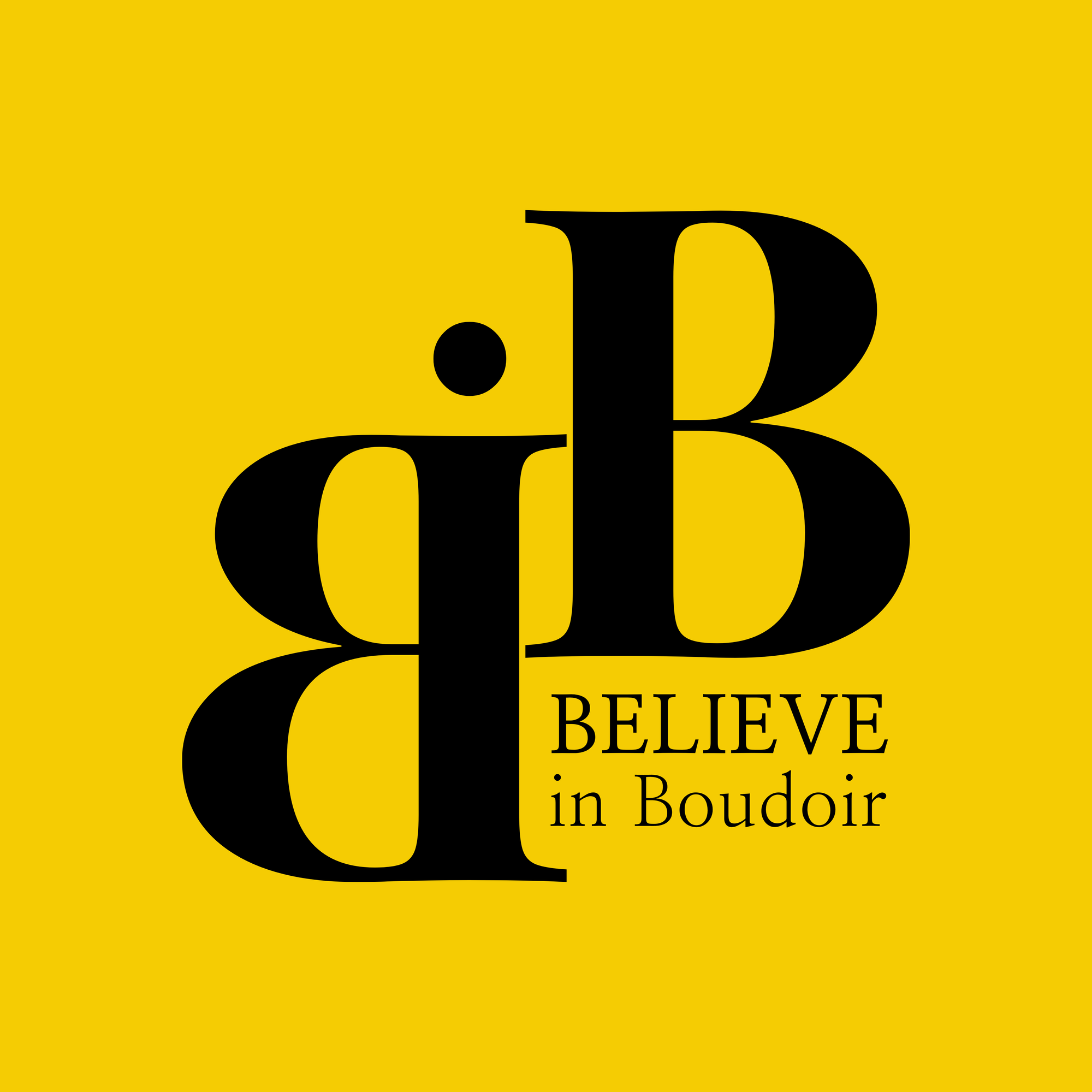
The Art of Posing, Shadows, and Intimacy

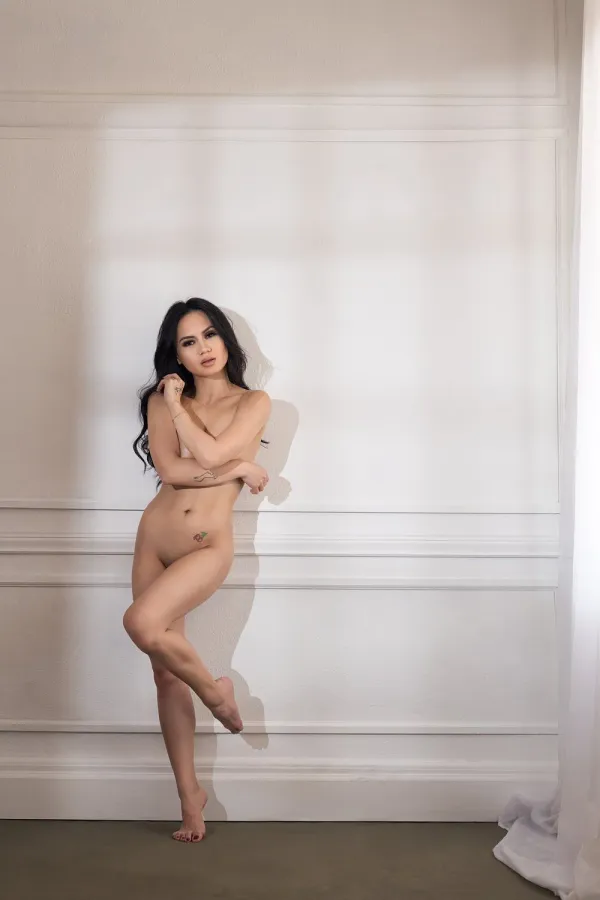
Boudoir photography is a deeply expressive genre that centers around creating intimate, romantic, and sometimes erotic imagery—often captured in personal spaces like bedrooms, private studios, or dressing rooms. What sets boudoir apart from traditional portraiture is its focus on mood, emotion, and body confidence rather than just facial expression or attire.
This style of photography celebrates the subject’s vulnerability and sensual energy, often intended as a personal gift for oneself or a romantic partner. Through careful use of posing, shadows, and storytelling, boudoir images create a private visual narrative that reflects both beauty and empowerment.
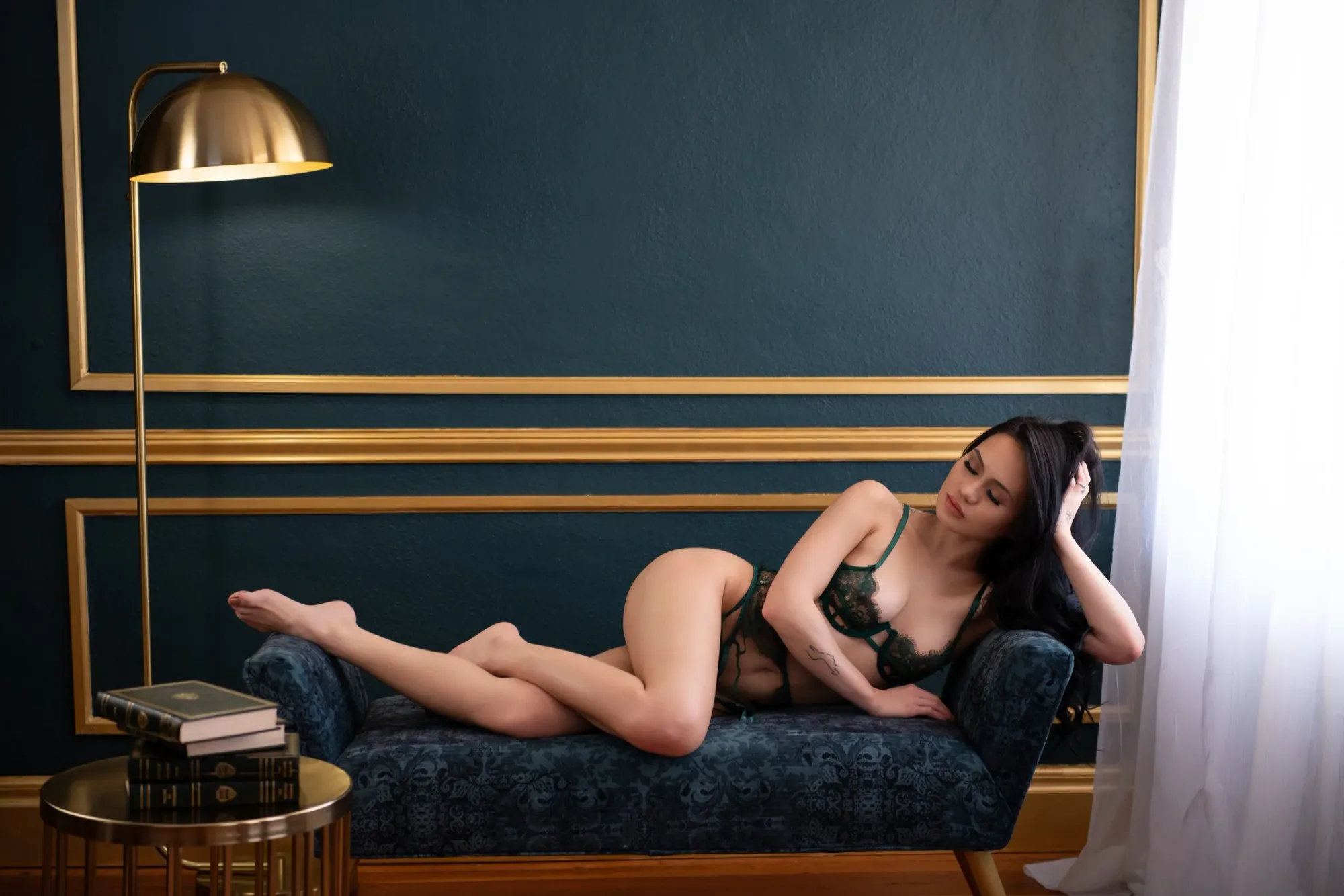
Boudoir is for anyone who wants to feel seen, celebrated, and confident in their own skin. These sessions are designed to reflect the subject’s individual style, energy, and beauty, with a focus on empowerment through visual storytelling. While often associated with lingerie, boudoir attire ranges from elegant gowns and cozy loungewear to fully nude portraits—always tailored to the subject’s comfort level and vision.
Whether gifted to a partner or cherished as a personal keepsake, boudoir photography is about capturing sensuality and self-love. It’s a powerful way to mark life’s milestones—like anniversaries, birthdays, engagements, or even personal growth journeys. At its heart, boudoir is a celebration of confidence, vulnerability, and inner strength—seen through the compassionate lens of the photographer.
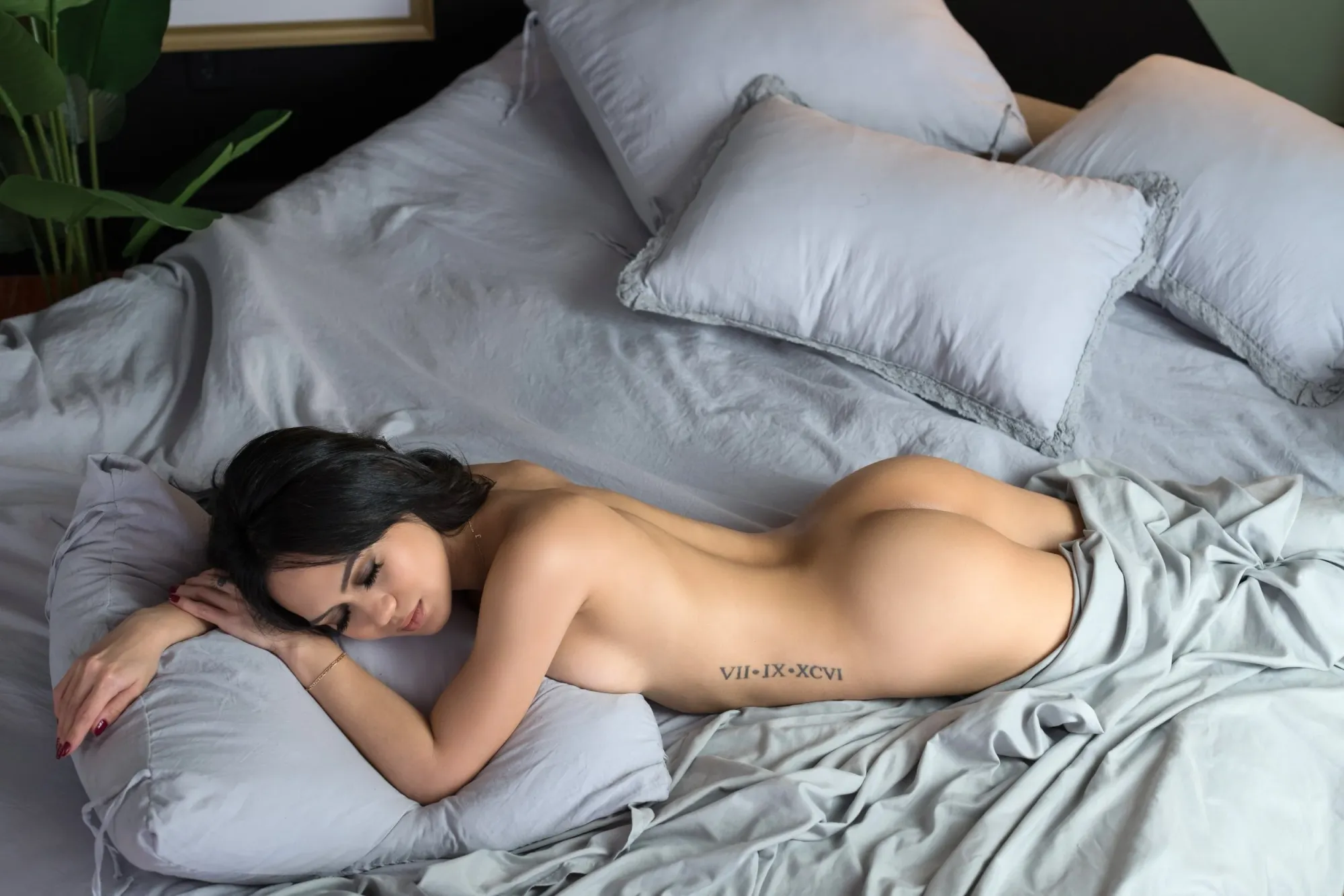
Boudoir photography spans a wide range of styles, each offering unique ways to express beauty, emotion, and sensuality. From romantic to bold, here are some popular directions photographers and clients can explore:
Whether you're after something intimate, edgy, playful, or empowering, there’s a boudoir style for every personality and vision.
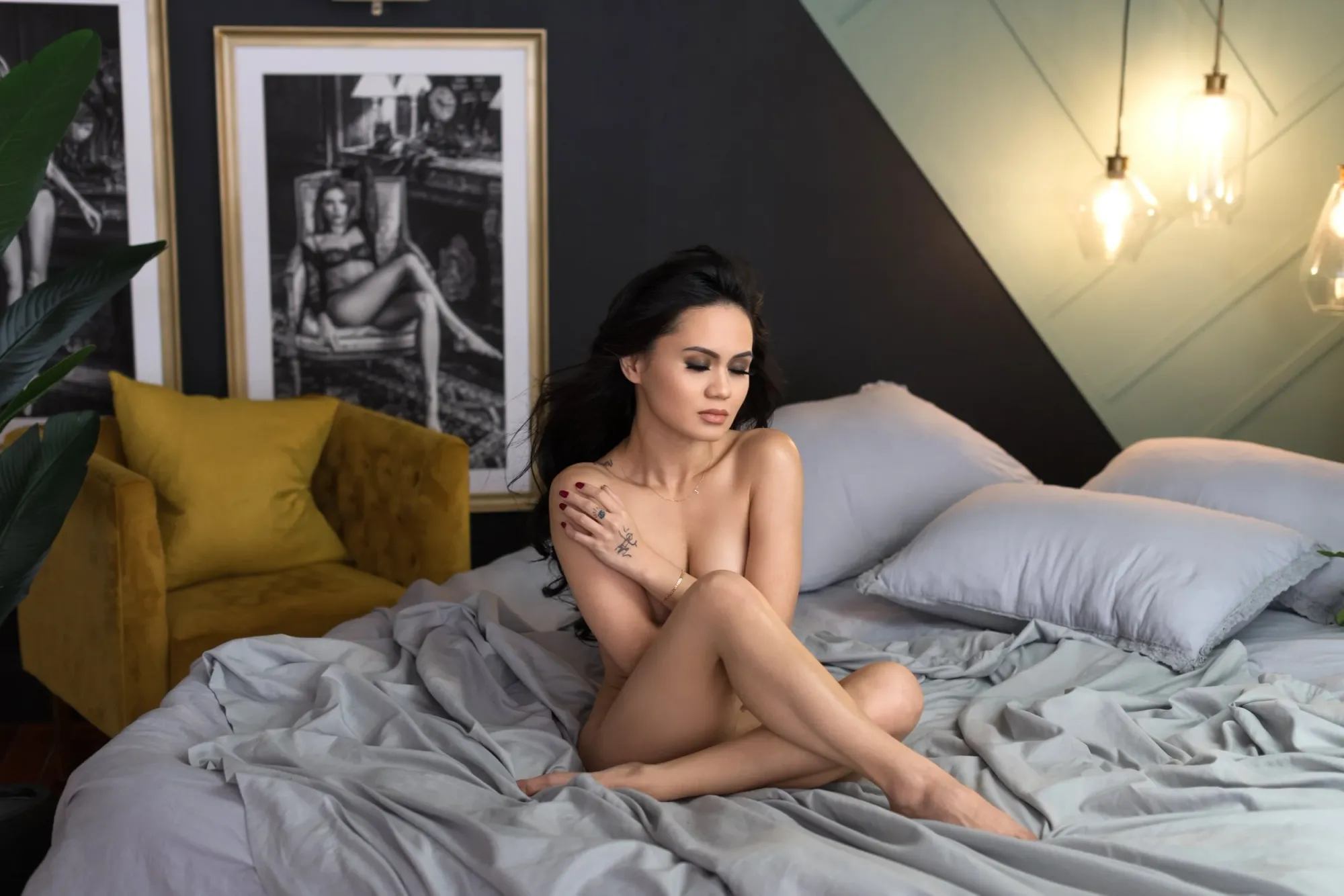
Boudoir photography isn’t just about what your subject wears—it’s about the mood, lighting, and emotional tone you craft through your lens. Various visual styles help create different storytelling atmospheres. Here are two popular approaches:
A classic choice, black and white boudoir photography focuses on contrast, form, and texture. Without color, the viewer’s attention shifts to the subject’s shape, emotion, and expression, often giving the images a fine art, timeless quality.
This style uses low-key lighting and deep shadows to create a private, dramatic, and mysterious feel. It’s ideal for storytelling that leans into introspection, tension, or sensual solitude, offering a more cinematic edge to boudoir sessions.
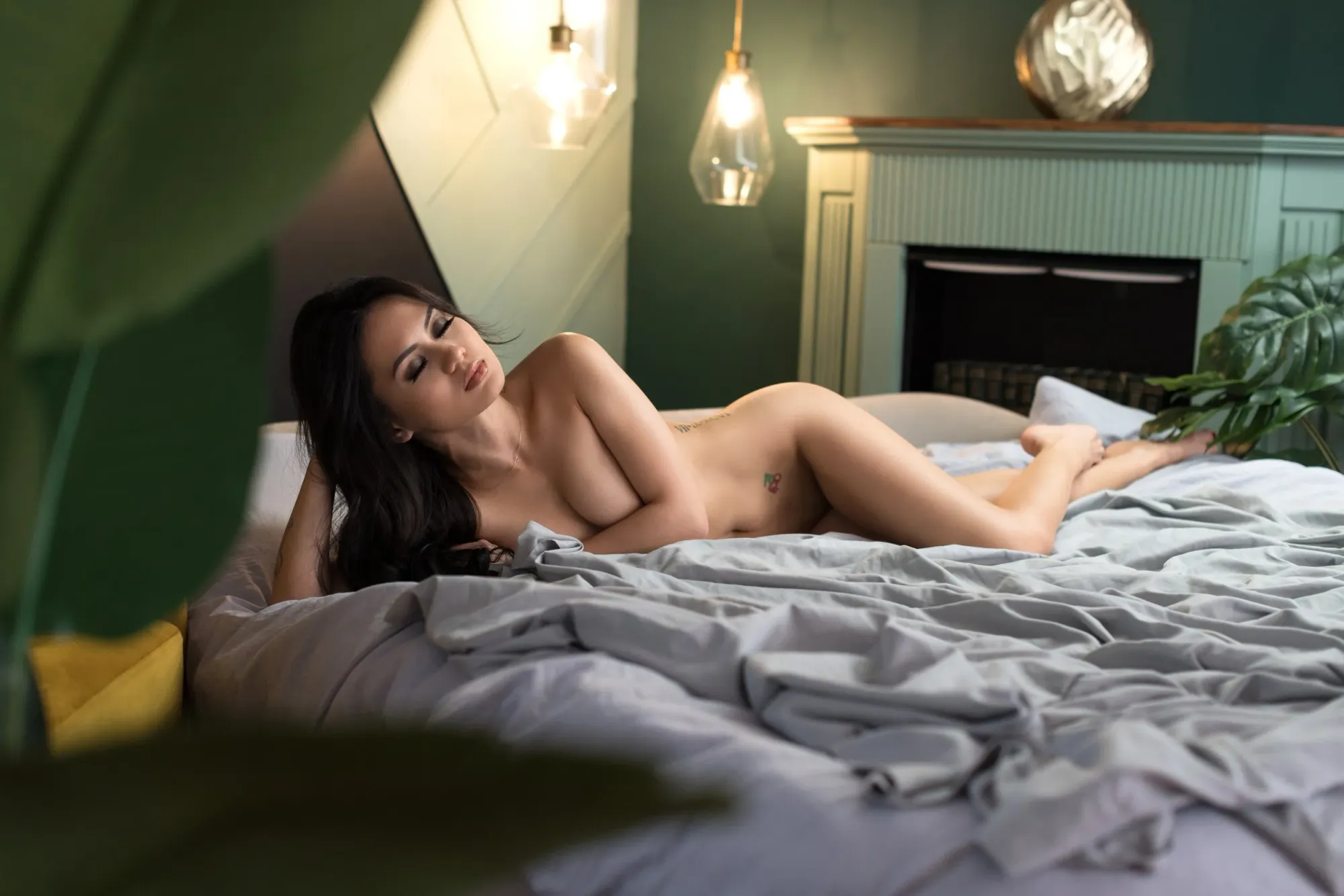
This light-filled style uses natural or diffused artificial lighting to create soft, ethereal imagery. With pastel tones, minimal shadows, and a clean aesthetic, bright and airy boudoir often feels uplifting, romantic, and serene—perfect for clients seeking a gentle, dream-like vibe.
Full of personality, this approach embraces vibrant colors, themed backdrops, and expressive styling. It’s ideal for playful, creative sessions and can be fully customized to reflect the subject’s energy, interests, or mood.
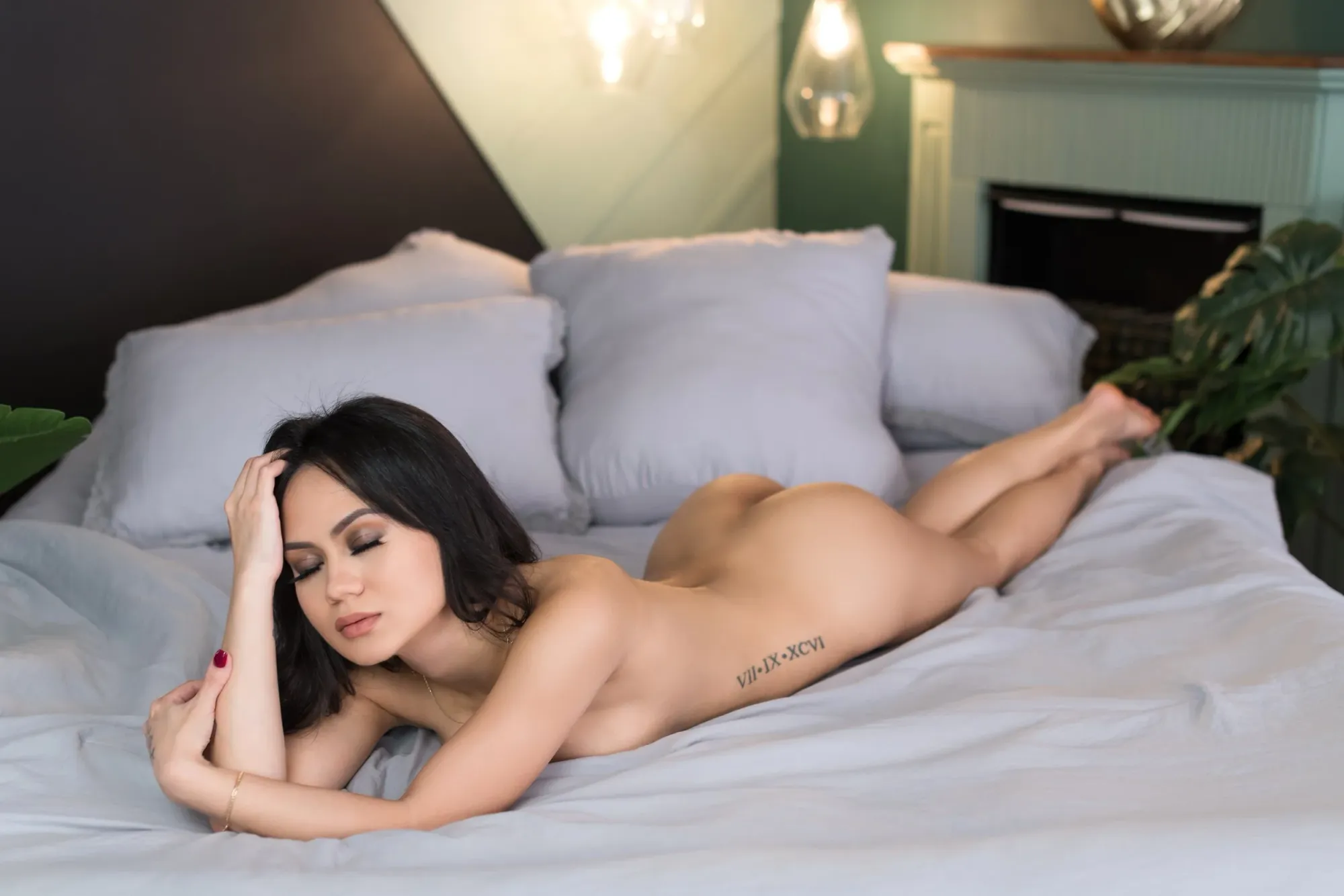
Our journey through boudoir and erotic photography reveals a genre that’s as diverse as it is deeply personal. From foundational definitions to sub-genres and visual styles, we’ve seen how each approach—whether dramatic black and white or soft and airy—can shape mood, emotion, and artistic intent.
These styles aren’t just aesthetic choices; they’re tools for celebrating individuality, sensuality, and human connection. With such a wide creative spectrum, photographers and subjects alike can find a direction that feels authentic, empowering, and emotionally resonant.
Boudoir isn’t about one look or one type of person—it’s about telling real, intimate stories through the lens. And in that, it becomes a powerful form of art.
Learn Boudoir Photography on BIB TV